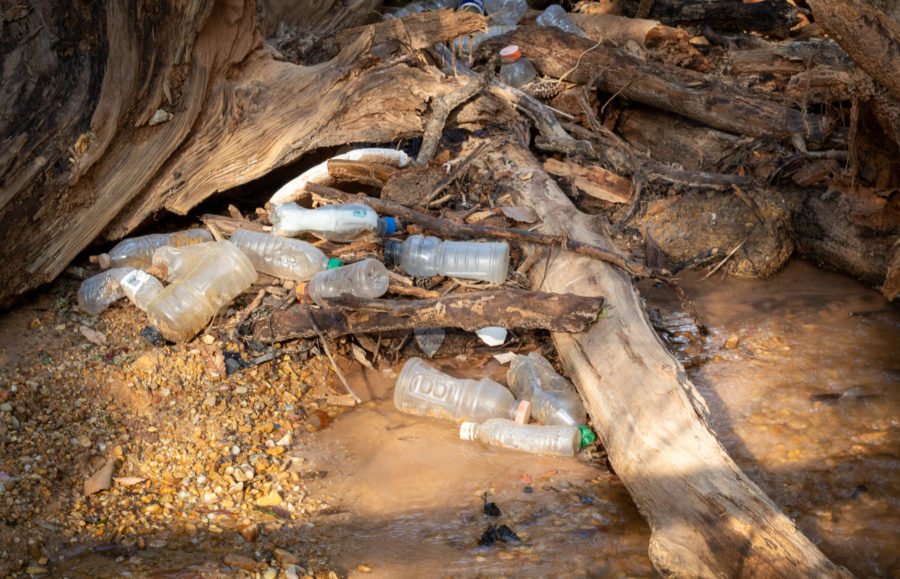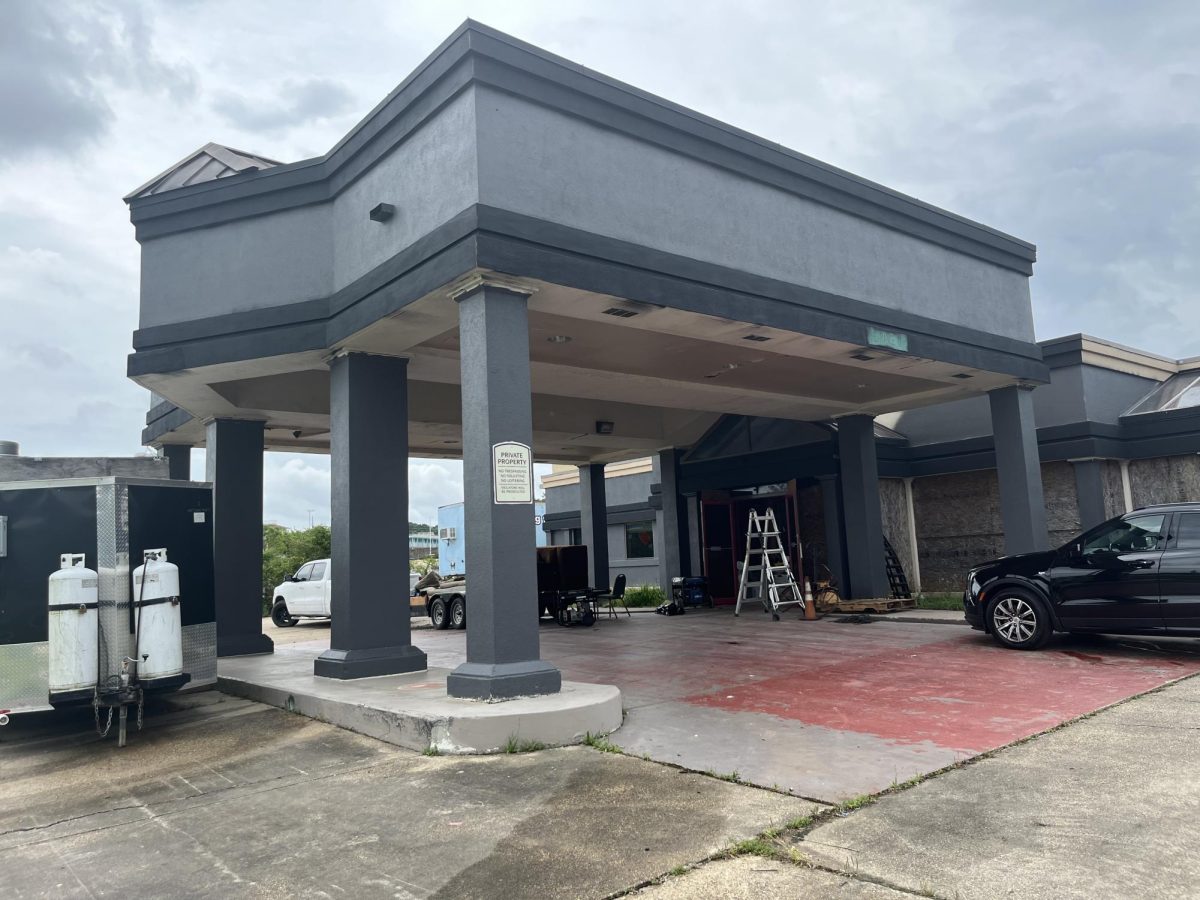On March 6, Hattiesburg Mayor Toby Barker and other city officials held a press conference to launch a new initiative against littering. The campaign, “Don’t Be a Litterburg,” is a part of a partnership with the Great American Cleanup. The Great American Cleanup is the nation’s largest community involvement program, taking place in around 15,000 communities annually.
Hattiesburg’s initiative consists of four key steps: coordinating special events with big cleanups, launching education initiatives, encouraging business outreach and promoting social responsibility.
Sustainability coordinator for the Southern Miss Office of Sustainability, Melissa Covington-Olsen, said littering can have many different negative effects on the environment.
“Litter, debris and chemicals that are not properly disposed of can enter our storm drains that will eventually enter our local waterways,” Covington-Olsen said. “This allows for serious water contamination. This can lead to damaged ecosystems, injury to wildlife, reduction in property value and even harm to human health.”
Covington-Olsen said there are also more little-known consequences of littering on the environment. There are various economic impacts with littering, such as lost tourism revenue.
“In addition, litter clean-up costs the U.S. more than an estimated $11.5 billion each year,” Covington-Olsen said. “Businesses pay up to 80% of this while educational institutions spend approximately $241 million dollars annually for litter clean-ups.”
Joby Bass Jr., Ph.D., an associate professor at Southern Miss specializing in human-environment relationships, shed light on some other unknown effects on littering within a community.
“Litter increases people’s perceptions of what is sometimes called ‘social disorder,’” Bass said. “Places with litter are often seen as places to avoid. Much like what is called the ‘broken windows effect,’ for some people, the presence of litter indicates a breakdown in social order and may actually lead people to avoid the place. In this way, litter can have a negative social and economic impact and perhaps even lower property values.”
Covington-Olsen said campaigns like the “Don’t Be a Litterburg” campaign are important for communities like Hattiesburg because a clean environment inspires confidence in people.
“These programs such as ‘Don’t Be A Litterburg’ help unite communities to better educate everyone how dangerous littering can be,” Covington-Olsen said. “Many do not realize we are only hurting ourselves and future generations by not taking care of our environment. Programs also help those participating regain a sense of pride for their community with the hope they will encourage others in their neighborhoods to do the same.”
































